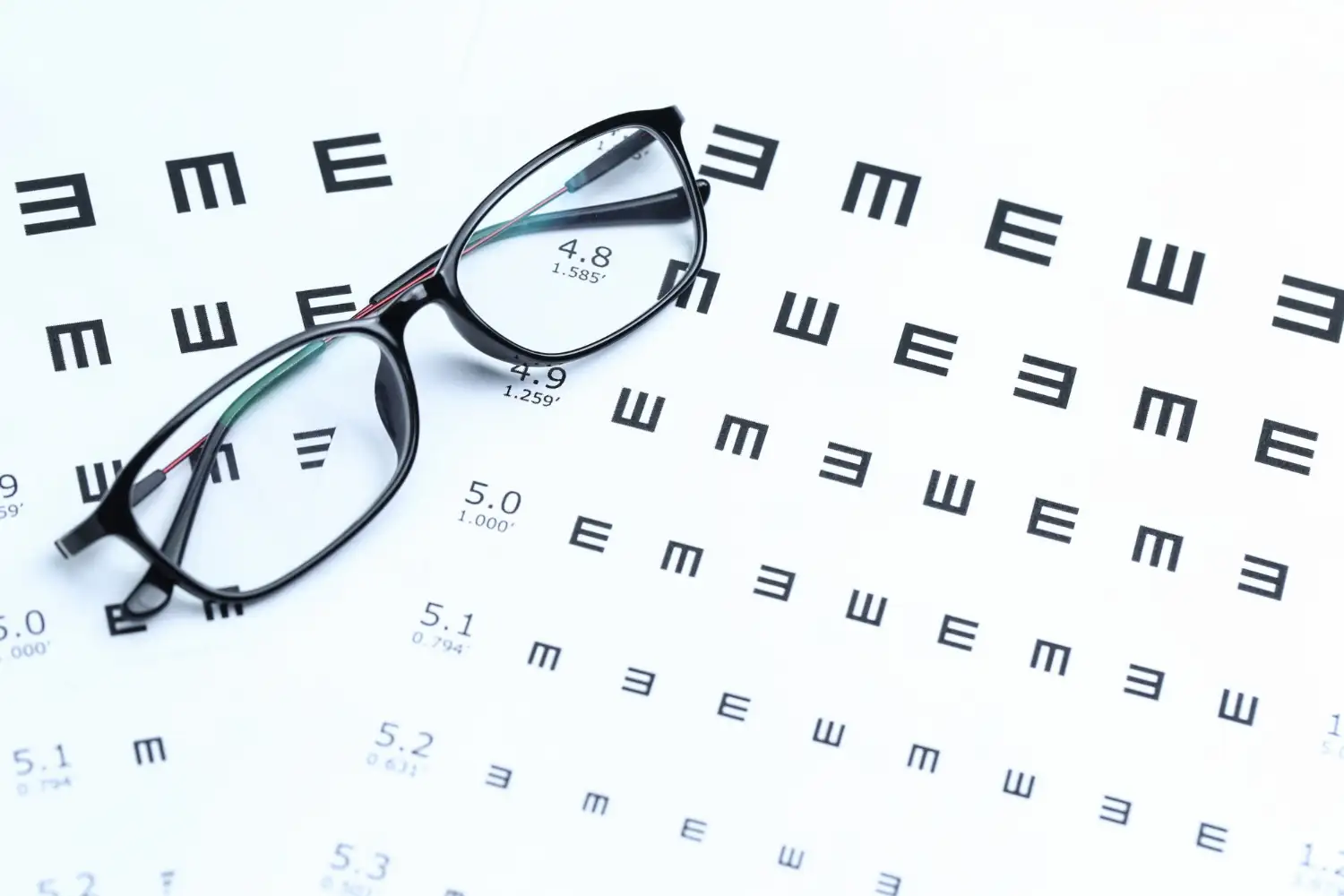Osteoporosis—often dubbed the “silent thief”—progressively weakens bones, making them fragile and more prone to fractures. While it is more common with age, especially among postmenopausal women, osteoporosis can affect anyone. The good news? You can take practical steps every day to strengthen your bones and maintain bone density. Here’s how.
1. Power Up with Bone-Healthy Foods
Nutrition is the cornerstone of strong bones. Certain foods provide essential nutrients like calcium, vitamin D, magnesium, and protein, which are crucial for bone remodeling and density.
Top Foods for Bone Health
- Dairy Products: Milk, yogurt, and cheese are rich in calcium.
- Leafy Greens: Kale, collard greens, turnip greens, and bok choy offer plant-based calcium.
- Fatty Fish: Salmon, sardines, and mackerel provide vitamin D and omega-3 fatty acids.
- Nuts and Seeds: Almonds, chia seeds, and sunflower seeds contain magnesium and phosphorus.
- Fortified Foods: Some cereals, plant milks, and juices are fortified with calcium and vitamin D.
💡 Tip: Pair calcium-rich foods with sources of vitamin D to enhance absorption.
2. Weight-Bearing and Resistance Exercises
Exercise doesn’t just build muscles—it builds bone. Regular physical activity, especially weight-bearing and resistance training, encourages bone formation and slows bone loss.
Best Everyday Activities
- Walking or Hiking: Easy, low-impact options that stimulate bone growth in the hips and legs.
- Dancing: Fun and bone-friendly, especially for hips and spine.
- Strength Training: Using free weights, resistance bands, or bodyweight exercises like squats and push-ups.
- Tai Chi and Yoga: Improve balance, coordination, and flexibility—important for fall prevention.
⏰ Aim for at least 30 minutes of weight-bearing activity most days of the week.
3. Sunshine and Supplementation
Vitamin D helps your body absorb calcium. While foods help, sunlight exposure is a key source.
- Spend 10–30 minutes in the sun several times a week, especially on arms and legs.
- Consider supplements if you have limited sun exposure, darker skin, or are over 65.
🔎 Talk to your healthcare provider about getting your vitamin D levels tested.

4. Lifestyle Habits That Support Bone Health
Your daily habits can either support or sabotage your bones. Small changes can yield significant benefits over time.
Positive Lifestyle Changes
- Quit Smoking: Smoking impairs bone healing and decreases calcium absorption.
- Limit Alcohol: More than two drinks a day can reduce bone formation.
- Reduce Soda Consumption: Especially colas, which may interfere with calcium absorption.
- Stay Active and Avoid Sedentary Living: Long periods of sitting weaken muscles and bones.
5. Fall-Proof Your Home and Environment
Since fractures from falls are a major risk with osteoporosis, preventing falls is just as important as maintaining bone density.
Practical Steps
- Use non-slip mats, especially in bathrooms.
- Ensure adequate lighting, especially at night.
- Install grab bars near toilets and showers.
- Wear supportive footwear indoors and outdoors.
🧠 Balance exercises and vision checks also reduce the risk of falling.
6. Get Regular Bone Screenings
Early detection can prevent complications. If you’re over 50 or have risk factors (like a family history or a previous fracture), ask your doctor about a DEXA scan (bone density test).
Conclusion: Build Strong Bones, One Day at a Time
Preventing or managing osteoporosis isn’t about drastic changes—it’s about consistent, everyday habits. By eating bone-friendly foods, staying active, getting enough vitamin D, and safeguarding your environment, you can protect your bones and your independence well into old age.


